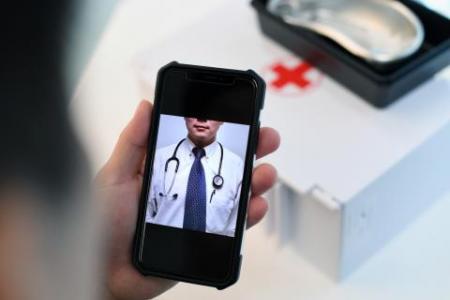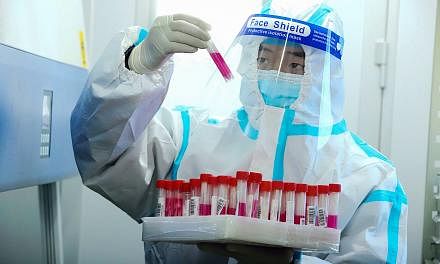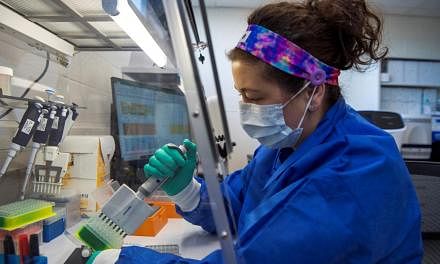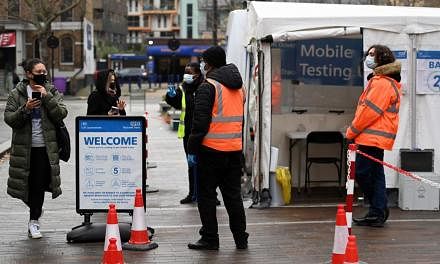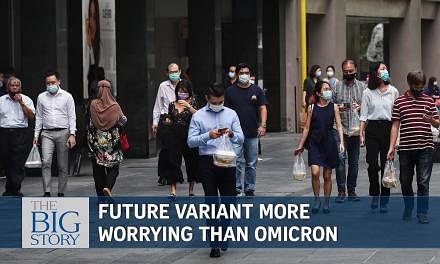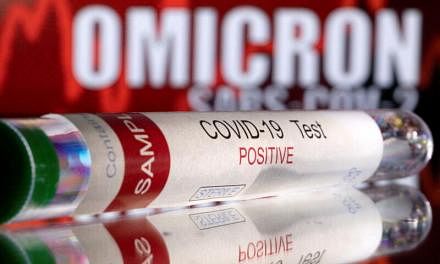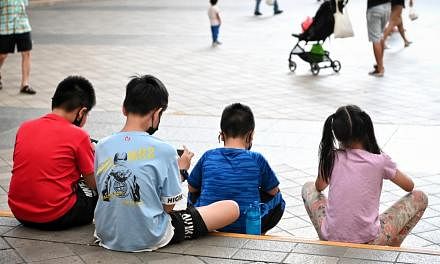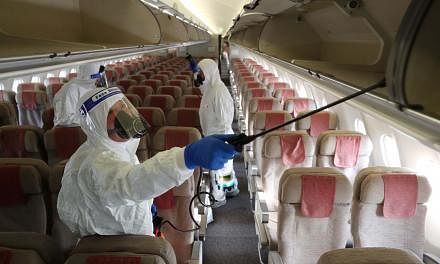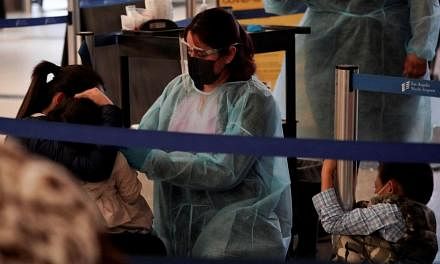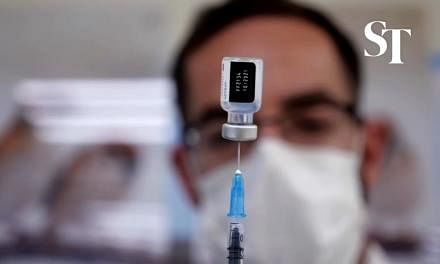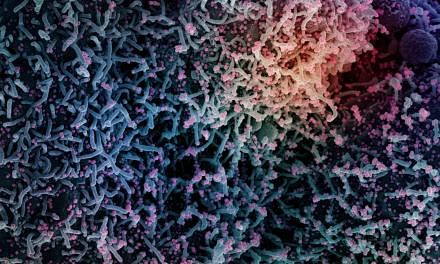Deaf Covid-19 patients can now communicate with MOH through SMS and e-mail, instead of phone
Covid-19 patients who are deaf or hard of hearing can now communicate with the Health Ministry (MOH) through a short message service (SMS) or e-mail.
The MOH calls Covid-19 patients over the phone about their recovery plans, but the deaf community has given feedback that talking over the phone is not an accessible option for them.
With the new measures, deaf patients can also consult a tele-medicine provider through the video or text message function on WhatsApp and ask for a sign language interpreter if they need one.
The MOH Parliamentary Secretary Rahayu Mahzam gave this update through a Facebook post on Dec 31.
She said: "Covid-19 has been difficult for all of us and I especially empathise with the deaf community who have faced challenges exacerbated by the pandemic.
"I'm grateful to those who have given feedback and insights on specific challenges faced."
Ms Rahayu said the MOH partnered the Ministry of Social and Family Development (MSF) and the Singapore Association for the Deaf (SADeaf) to enhance the Covid-19 management system to make it easier for those who are deaf or hard of hearing to recover at home.
In her Facebook post, she said that individuals on the Home Recovery Programme or who are given a Health Risk Warning can now text or email the MOH to make their communication needs known.
A case manager will contact them via their preferred mode of communication within 24 hours.
They are also given the Singapore Civil Defence Force emergency contact number by SMS if they need emergency assistance.
Ms Rahayu also said that the SADeaf will be sharing more details with members of the deaf community.
In November 2021, The Straits Times reported that former Nominated Member of Parliament Anthea Ong called for processes to be made more inclusive for Covid-19 patients with disabilities.
She has deaf friends who caught the virus or were close contacts of Covid-19 patients and they could not talk to the MOH by phone to communicate about their situation or ask for help, given their disability.
At that time, like other Covid-19 patients, they were given a telephone number to call or were asked to visit the Government's Covid-19 website for more information and assistance, she said.
So they had to depend on their family members or community groups, like SG Assist, for help.
Ms Ong and the other disability groups The Straits Times interviewed, such as the SADeaf and the Autism Resource Centre (Singapore), suggested that the authorities set up a text line where deaf people can communicate with MOH through text messages sent over the phone.
The MOH told The Straits Times in November last year (2021) that Covid-19 patients with disabilities who are eligible to recover at home would be assigned a home recovery care manager, who will link them up with various community services and resources, among other things.
And those who do not have an able-bodied caregiver at home will be sent to the appropriate care or treatment facility, where its staff will attend to their needs.
SADeaf's executive director Judy Lim told The Straits Times it had suggested to the MOH and the MSF ways to improve the communication processes for deaf Covid-19 patients and the SADeaf had offered its services, such as in sign language interpretation.
This has led to a dedicated email and SMS line for those who are unable or find it hard to receive instructions by phone, and provisions for sign language interpretation, Ms Lim said.
She added: "SADeaf is heartened by and grateful to the ministries for working on these new and improved measures, which will enable and empower deaf and hard-of-hearing people to understand and manage the processes independently."
Ms Ong said she is happy to hear that the suggestions from the ground have been adopted by the MOH but she also pointed out that efforts to include vulnerable groups, like persons with disabilities, must not be left to chance in national emergency preparedness efforts.
She said: "Our majoritarian thinking is practical and hard to fault in logic and pragmatism but it perpetuates and even widens the divide. From a design thinking perspective, the problem definition should be 'how can the standard operating procedures include all, especially the vulnerable communities?'"
Get The New Paper on your phone with the free TNP app. Download from the Apple App Store or Google Play Store now

